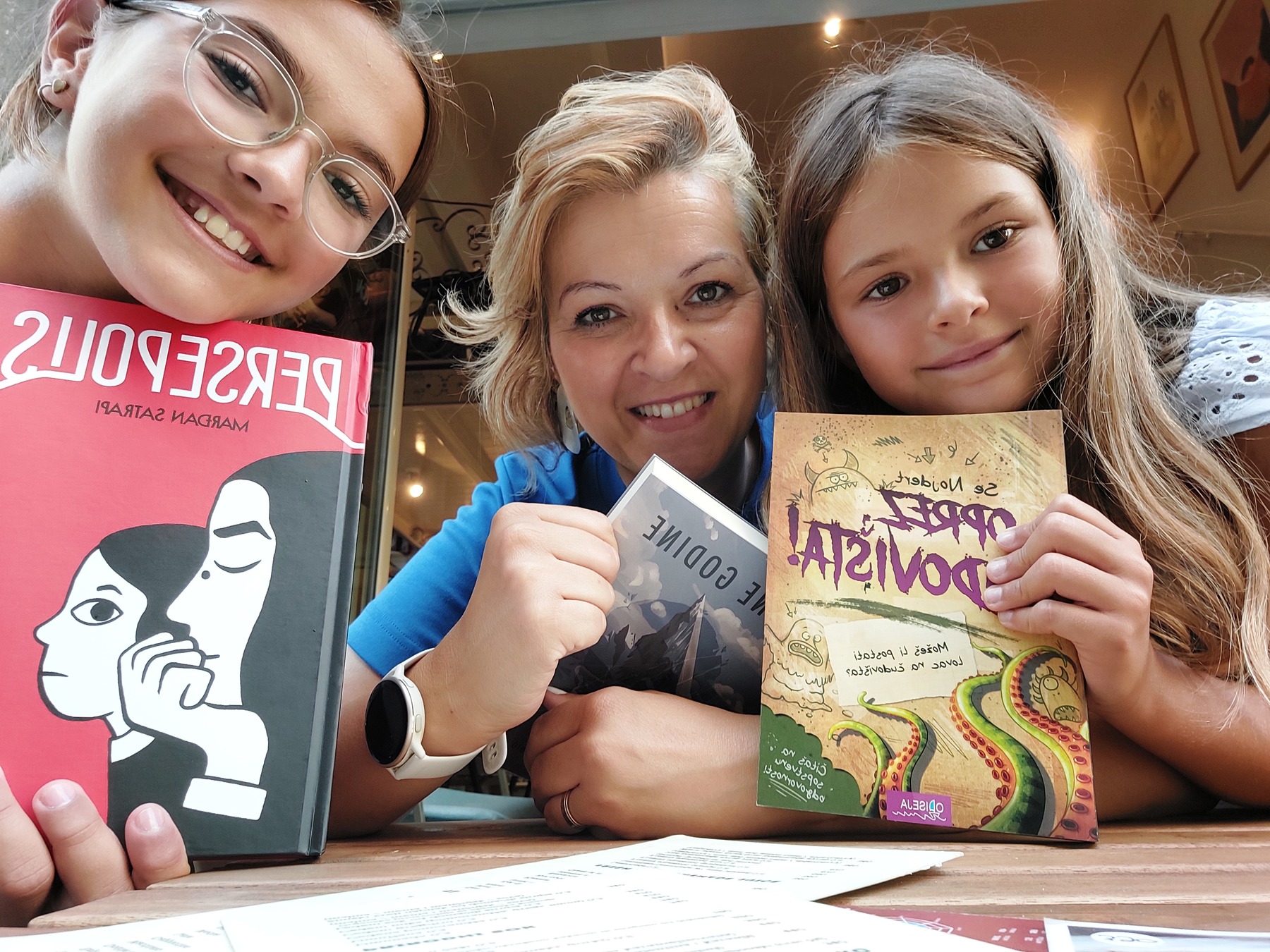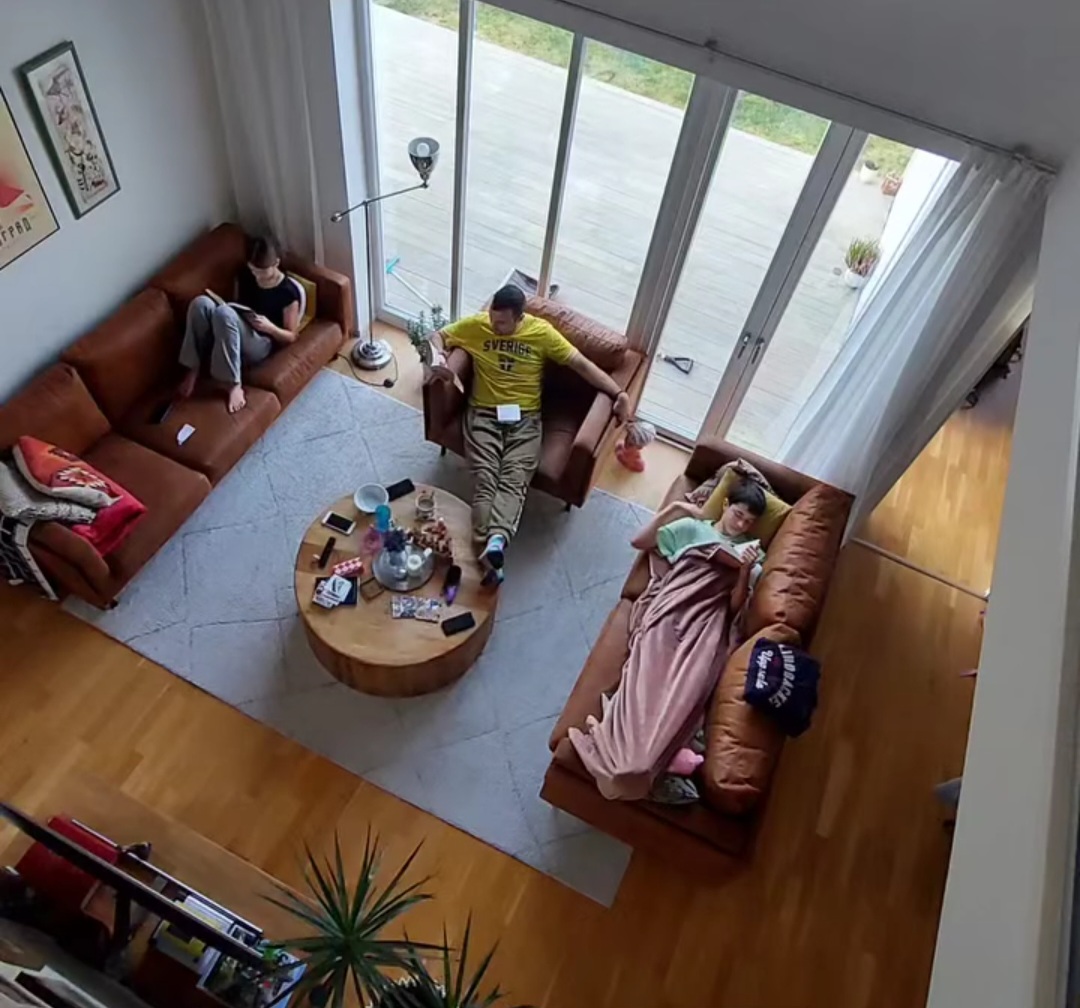Blog

Raising Thinkers: How Family Reading Builds Problem-Solving Skills in Children
- Keywords
- Family reading routines
- Problem-solving skills in children
- Parenting tips for critical thinking
- Science-based learning at home
- Raising resilient kids
- Creative play and problem-solving
- Emotional intelligence in families
- Science Market Uppsala
- Reading games for kids
- How to teach kids problem-solving
I believe that science-based learning begins at home—with curiosity, creativity, and connection. One of the most powerful ways to nurture young minds is through family reading, not just as a literacy tool, but as a gateway to developing problem-solving skills.
When families read together, they create space for imagination, discussion, and reflection. These shared moments can be transformed into opportunities for children to learn how to think critically, ask questions, and solve problems—just like scientists do.

Why Problem-Solving Matters
Problem-solving is more than finding answers—it's about learning how to approach challenges with confidence and creativity. It teaches children to:
- Observe and analyze
- Think logically and creatively
- Learn from mistakes
- Collaborate and communicate
These are the same skills scientists use every day—and they can be nurtured through simple, joyful family routines.
Using Family Reading to Spark Problem-Solving
Here’s how you can turn your reading sessions into a science-inspired learning experience:
- Choose Thought-Provoking Stories
Pick books that present dilemmas, mysteries, or characters facing challenges. After reading, ask:
• “What would you have done?”
• “Why do you think the character made that choice?” - Role-Play Scenarios from the Story
Act out scenes and ask your child to solve a problem the character faced. This builds empathy, creativity, and decision-making. - Create a “Reading Jar”
Fill a jar with book titles or themes. Let your child pick one before each session. This adds excitement and gives them ownership of the process. - Assign Fun Roles
Make reading interactive by assigning roles like:
• Story Picker
• Time Keeper
• Discussion Leader
This encourages responsibility and teamwork.
A Personal Reflection: Tackling the Reading Drop-Off
Recently, I noticed that my teenager began excluding reading from their routine—a shift I defined as a problem worth tackling. It was a moment of pause and reflection for me as a parent and educator. Instead of reacting with concern, I chose to approach it as a problem-solving opportunity.
We began by identifying the root cause: Was it lack of interest, competing distractions, or simply a need for autonomy? Then, together, we brainstormed solutions—from choosing books that align with their passions to creating a cozy, tech-free reading space. This experience reminded me that even when routines change, we can use science-based thinking to adapt, reconnect, and grow.
Step-by-Step Problem-Solving Process for Families
Use this structured approach to solve real-life challenges together—like organizing reading time or resolving sibling conflicts:
#Identify and Define the Problem
“We want to read together three times a week, but it’s hard to stay consistent.”
• Clarify the issue
• Ask questions like “Why is this happening?”
• Gather input from all family members
#Analyze the Problem
• Break it down: Is it time, interest, or distractions?
• Use tools like the Five Whys or a fishbone diagram to find the root cause
#Brainstorm and Evaluate Solutions
• Encourage wild ideas: reading in a fort, themed nights, sticker charts
• Discuss pros and cons together
#Choose and Implement the Solution
• Pick the best idea
• Create a plan and set up your reading space
• Celebrate the first session with a small treat or ritual
#Monitor and Review
• Reflect weekly: “What worked?” “What can we improve?”
• Adjust and keep experimenting
Parenting Tips for Raising Problem-Solvers
Here are some practical ways to support your child’s growth:
✅ Let Them Struggle a Bit
🧩 Turn Problems into Games and finding solutions
🗣️ Use Encouraging Language
🧘 Teach Emotional Regulation
📚 Model Curiosity

Games and Activities That Reinforce Problem-Solving
- Board games like Uno or Monopoly Junior
- Puzzles and building blocks
- Science experiments at home
- Creative storytelling with open-ended prompts
Final Thoughts
Family reading is more than a quiet moment—it’s a launchpad for raising thoughtful, curious, and capable problem solvers. At Science Market Uppsala, we encourage families to turn everyday routines into learning adventures. Because when children learn to think like scientists, they grow into resilient, empathetic thinkers ready to shape the future.
